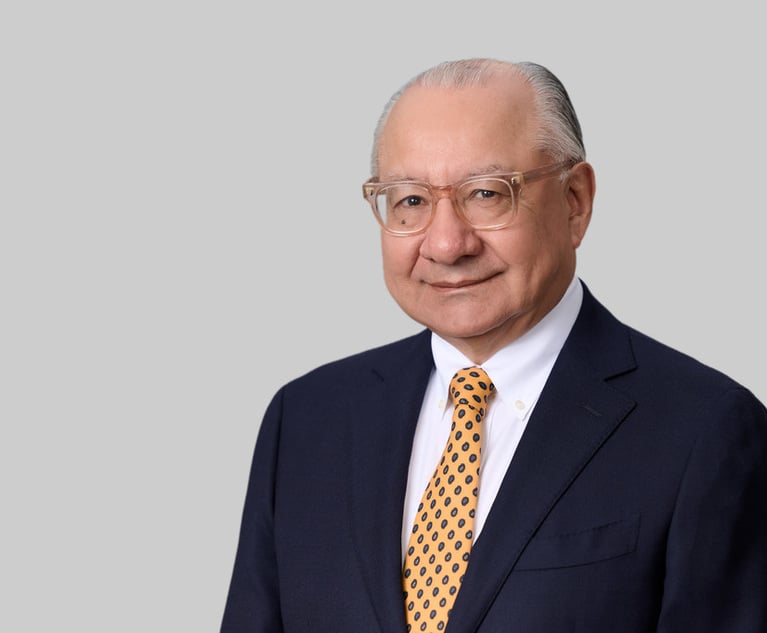While it has been long recognized that bankruptcy courts have the power to sanction attorneys and litigants pursuant to Rule 9011 of the Bankruptcy Rules of Procedure (a rule that is almost identical in substance to Rule 11 of the Federal Rules of Civil Procedure), a recent appellate ruling clarifies and expands the power and authority of bankruptcy courts to sanction attorneys and litigants based upon the inherent power of the bankruptcy court as well as the broad authority granted by Section 105(a) of the Bankruptcy Code.
On April 21, the Bankruptcy Appellate Panel for the Ninth Circuit (the equivalent of the U.S. District Court bankruptcy appellate ruling in the Eleventh Circuit) held in the case of In re BCB Contracting Services, (BAP No. AZ-21-1254-BSF) that the bankruptcy court’s power to sanction is derived from three separate sources—Bankruptcy Rule 9011, the statutory civil contempt authority under Section 105(a) of the Bankruptcy Code and the inherent sanction authority as promulgated by the U.S. Supreme Court in the case of Law v. Siegel, 571 U.S. 415 (2014). This is extremely significant in holding that a bankruptcy court has a virtual “cafeteria of choices” in order to mete out sanctions to attorneys and litigants as the case may be.


 Charles M. Tatelbaum(L) and Corey Cohen(R) of Trip Scott. Courtesy photos
Charles M. Tatelbaum(L) and Corey Cohen(R) of Trip Scott. Courtesy photos




